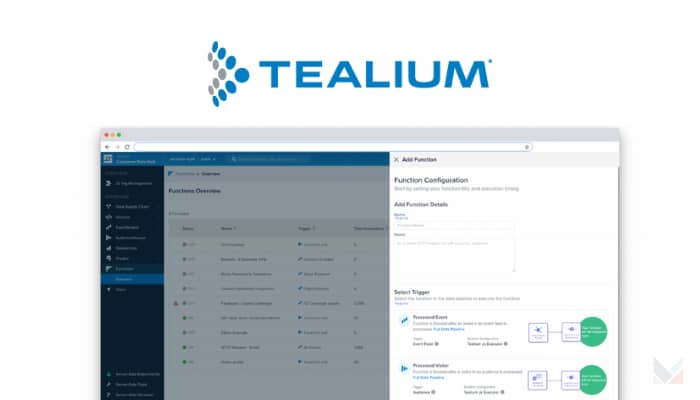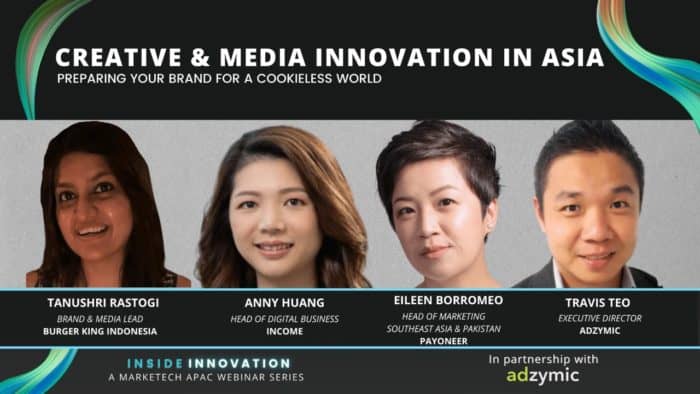Melbourne, Australia – Brandvas, a cloud-based marketing technology platform, has announced its official launch in Australia, marking it as well with partnerships with market research firm Roy Morgan and the Australia Post.
The partnerships entails Brandvas utilizing Roy Morgan consumer data and Australia Post parcel insights data embedded in a brand strategy system to ensure strategies target the right markets.
The Brandvas tool kit allows agencies and marketers to increase capabilities, supercharge productivity and streamline projects, launching with seven modules: ‘Creative Brief’, ‘Media Brief’, ‘Script Template’, ‘Creative Competitive Overview’, ‘Competitor Mapping’, ‘Research Data’, including customer personas and their primary module ‘Brand Strategy’.
For Brandvas founder Jodie Catalfamo, who has worked in the advertising industry for more than 22 years, Brandvas not only assists with the process of developing brand strategy, but is backed with access to deep consumer data insights and a suite of tools to streamline the way agencies and marketers work.
“When I worked at BADJAR Oglivy, research played a huge role in understanding a brand’s competitive context with data-driven insights, strategy and creativity. Working with brands, research was not always utilized, which often led to projects being led by assumptions and educated guesses. The team and I built Brandvas to democratize brand planning for agencies and marketers no matter what their size to increase capability and productivity and provide a crucial competitive edge,” Catalfamo said.
She added, “It was really important for the team and I to have reputable data partners for Brandvas to give agencies the opportunity of accessing robust and insightful data. Providing our agency and marketing clients the ability to validate or dismiss any assumptions. The data not only provides category insights which can direct the brand strategy, it also assists in marketing and creative recommendation.”
The Brandvas platform is project-based and built to dovetail so once a brand strategy workshop has been completed, the creative and media briefs are already pre-populated, making the management of projects and creative teams simpler, more efficient and effective.
“We are delighted to be partnering with Brandvas to enable small creative and marketing businesses to develop strategies based on trusted and accurate research data. Given the challenging times we are all in, this will ensure that any decisions are based on the most up-to-date market intelligence,” said John Ellenberger, head of partnerships at Roy Morgan.
Meanwhile, Ben Franzi, general manager for e-commerce platforms and marketplaces at Australia Post, commented, “The COVID-19 pandemic has triggered a seismic shift in consumer behavior, and it is more important than ever that businesses of all sizes are able to easily access up-to-date industry data. We look forward to continuing to work with the Brandvas team to expand the range of Australia Post insights available through their platform in the months ahead.”
Catalfamo adds that although they provide the methodology and smart tools along the way, Brandvas is white-labeled and completely customizable, so if an agency has proprietary questions, tools or processes they can easily include these and make it their own.
“While we know even the smartest software can never replace creative genius, Brandvas amplifies talent and makes the best planners, facilitators and strategists elevate whilst streamlining the leg work,” she concluded.











